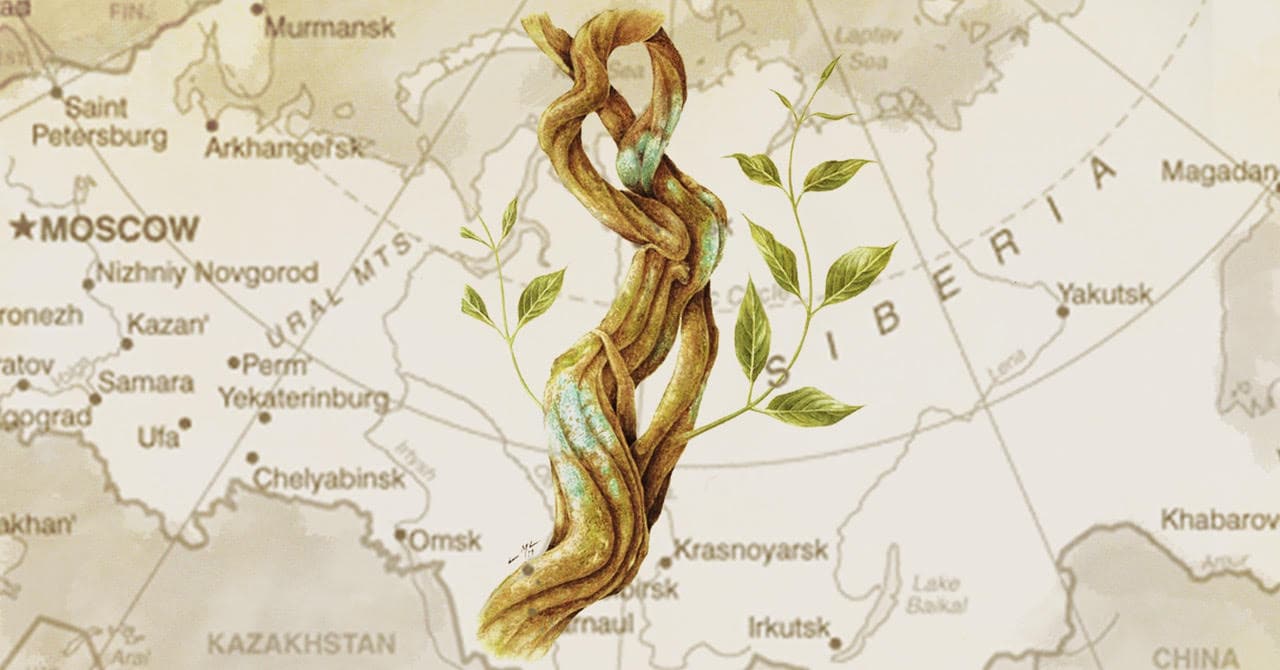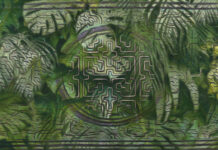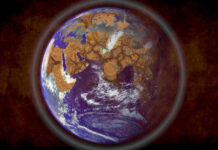- How Can You Drink Ayahuasca Legally in the U.S.? - January 14, 2020
- Brazilian Ayahuasca Practitioner Arrested and Sentenced to Prison in Russia - August 1, 2018
The recent sentencing of Brazilian ayahuasca practitioner Eduardo Chianca Roca in Moscow made it clear that Russian courts will readily prosecute people using or transporting ayahuasca.
Roca, 67, flew to Moscow from Lisbon at the invitation of other scholars for a tour of lectures throughout Europe. Russian customs officials, acting on a tip from the Moscow airport’s drug enforcement detail, searched Roca’s luggage upon his arrival and found four bottles of ayahuasca. Roca explained that he was carrying the brew for meditation and healing.
Roca was detained for nine months after his arrest, during which his attorney, Eduard Usikov, made several powerful appeals for his release including letters of defense from the Brazilian Federation of Therapists; the Fulni-o tribe, Aguas Belas; the chair of the Parliamentary Front for Integrative Practices in Health of the National Congress, and, Michel Temer.
President Temer personally asked Russian President Vladimir Putin to release Roca. But Roca was sentenced to six and a half years’ imprisonment—specifically for transporting the DMT contained within his four bottles of ayahuasca. Roca’s wife commented that the sentence was a small miracle, much lighter than the expected sentence of seventeen years’ imprisonment. Roca is focused now on applying for extradition from Russia to Brazil.
As in many other countries, DMT is illegal in Russia under the Federal Law on Narcotics and Psychotropic Substances. Though ayahuasca is not specifically prohibited under Russian law, the Russian Criminal Code contains provisions covering all activities related to psychotropic plants, and Russian courts have applied those provisions to transportation of ayahuasca—as in the case of Roca.
Despite the strict regulations, people have been importing the plant ingredients of ayahuasca into Russia since the 1990s. The Brazilian ayahuasca religions do appear to have a presence in Russia. Moreover, my sources report that, recently, Russian celebrities have been blogging about ayahuasca, and that increasing numbers of Russians have been going to the Peruvian Amazon for ayahuasca ceremonies. I also heard of Peruvian shamans going to Russia and neighboring countries to offer ayahuasca ceremonies.
The export, import, and provision of psychotropic plants or substances is illegal in Russia under Article 229 – 232 of the Russian Criminal Code, with a punishment of three to twenty years’ imprisonment, depending on the offense and the amount of the substance. The cultivation of psychotropic plants carries lower penalties of up to two years, or eight years for cultivating “large amounts” of the plants.
In 1997 Russia passed its Federal Law on Narcotic Drugs and Psychotropic Substances. DMT is listed as a controlled substance under the law. The only entity permitted to import DMT into Russia is Lomonosov Moscow State University, and only since an amendment to the Federal Law on Narcotic Drugs and Psychotropic Substances was passed in 2017 to create a national anti-doping laboratory in the wake of the Olympics doping scandal.
With all the attention on shamans from the Amazon rainforest, many people forget that the word “shaman” came from Russia. A Dutch man named E. Ysbrantes Ides brought the word “shaman” to Europe in in the latter half of the seventeenth century after hearing indigenous Tungusian tribes in Eastern Siberia use saman to describe their religious figures adept at traversing the spirit world (though the entheogen the Tungusian saman used was Amanita muscaria mushrooms, not ayahuasca). Today in Russia, shamanism has seen a significant modern revival as an official religious practice. On the other hand, Russia has a reported “war against foreign religions” that effectively ostracizes anything but orthodox Christianity. With such historical backing and contemporary interest, one could expect Russia to have a progressive legal stance towards ayahuasca, but it does not.
As the recent arrest and sentencing of Eduardo Chianca Roca in Moscow made clear, Russian courts will readily apply the prohibition on DMT in Russian law to prosecute people using or transporting ayahuasca. In sum, anyone considering participating in a religious ceremony involving ayahuasca in Russia should exercise extreme caution.
Take a minute to browse our stock:
Did you enjoy reading this article?
Please support Chacruna's work by donating to us. We are an independent organization and we offer free education and advocacy for psychedelic plant medicines. We are a team of dedicated volunteers!
Can you help Chacruna advance cultural understanding around these substances?
Become a Chacruna Member
To make a direct donation click the button below:
Wednesday, June 9th, 2021 from 12-1:30pm PST
REGISTER FOR THIS EVENT HERE
There is growing enthusiasm in Jewish communities about possible ancient use and modern applications of plant medicine in Jewish spiritual development. Psychedelic Judaism introduce new potential modes of healing...
















